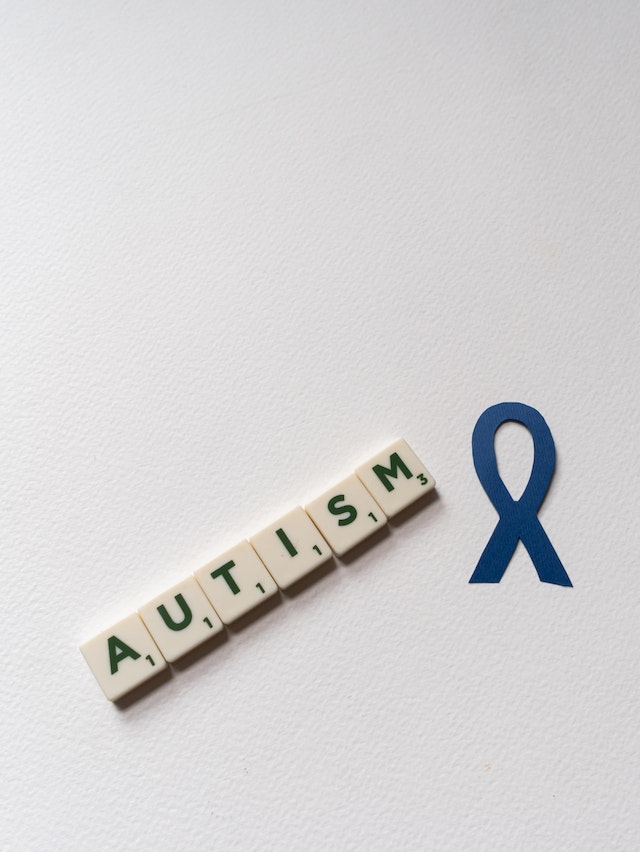
Navigating the Shadows of Misdiagnosis.
There are innumerable tales of people who have been misunderstood, misdiagnosed, and, in some cases, allowed to suffer needlessly for years in the complicated realm of mental health diagnoses. Today, we’ll be sharing a narrative about overcoming adversity, finding oneself, and the value of kindness in the face of misdiagnosis. Meet Sarah*, a person who revealed her genuine diagnosis of autism after five years of ambiguity(Misdiagnosis to Autism: The Importance of Compassion)
The Initial Diagnosis: Borderline Personality Disorder.
Sarah was given a diagnosis five years ago that would profoundly alter the course of her life. She was informed that she suffered from Borderline Personality Disorder (BPD), a psychiatric illness marked by emotional instability, impulsivity, and a challenge creating enduring relationships. While this diagnosis gave Sarah some understanding of why she was having difficulties, it never really hit home with her.

The Long Road to Self-Discovery.
Years of treatment and medicine were used by Sarah to treat the symptoms of an illness she felt didn’t quite match. Her feelings and experiences were frequently ignored and written off as BPD symptoms. She was aware that there was more to her narrative, though, deep below.
The Revelation: Discovering Autism.
It wasn’t until Sarah happened to run across an autism advocacy group by accident that she started to understand the riddle underlying her difficulties. She found that several of her symptoms, such as sensory sensitivity, difficulties interacting with others, and extreme concentration in a particular topic, were more consistent with autism than BPD. Her life’s puzzle pieces started to fit together.

The Importance of Compassion in Misdiagnosis.
Sarah’s experience serves as a powerful reminder of how crucial compassion is when discussing mental health diagnosis. A misdiagnosis can have serious repercussions, impacting not only the person’s emotional health but also their care and support.https://embrace-autism.com/its-not-bpd-its-autism/
Empathy and Listening: The Cornerstones of Compassion.
Listening Beyond Labels: Listening to patients beyond their first diagnosis must be a priority for mental health providers. Sarah’s experience serves as a reminder that a person’s story is frequently much more intricate than any diagnostic classification.
Validating Experiences: On the path to self-discovery, validation can be a useful tool. Recognizing a person’s worries might help them find answers if they believe their diagnosis doesn’t quite fit.
Flexibility in Diagnosis: Because the field of mental health is always changing, diagnoses cannot always be relied upon to be accurate. It’s critical to be willing to reevaluate and make adjustments.

Support and Advocacy: A Path Forward.
Sarah’s experience demonstrates the necessity for support systems and advocacy organizations that can offer direction and assistance to people navigating the challenging landscape of mental health diagnoses. These communities provide an understanding, affirmation, and sense of belonging that can be life-changing.https://neurodivergentinsights.com/misdiagnosis-monday/borderline-personality-disorder-adhd-and-autism
Conclusion: Compassion Heals.
Sarah’s journey from a BPD misdiagnosis to learning that she actually has autism serves as a reminder of the strength of kindness. Empathy, active listening, and support are the cornerstones of helping people like Sarah find their genuine self in a society where labels can be constricting and deceptive.
Let Sarah’s tale serve as a monument to the resilience of the human spirit and the healing potential of compassion in the field of mental health as we share it. Together, we can build a more compassionate society in which each person’s distinctive experiences are respected and acknowledged.https://neurodivergentinsights.com/misdiagnosis-monday/boderline-personality-disorder-or-autism


